“There’s something very tender if you reconnect with your parents when they’re falling into pieces”: Gaspar Noé on Vortex
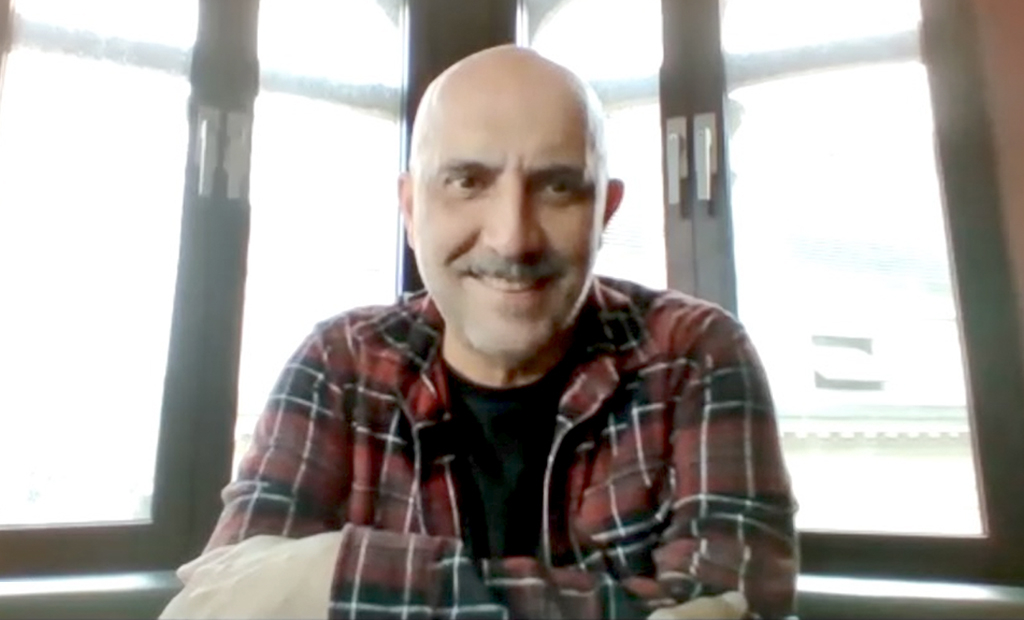
Fans of Argentinian-born, France-based auteur Gaspar Noé will come to any of his work with the expectation of confrontation. From debut I Stand Alone to the horror of Irreversible to LSD-induced hell of Climax, his brand of cinema is one that centres on youth and speaks in a language of shock, sex and violence. Into that context, then, latest feature Vortex comes as something of a departure. With a huge shift in tone, pace and content, this contemplation of ageing and disintegration of the body and mind is slow-burning, heart-wrenching, but also mature and surprisingly tender.
The story was devised in the wake of surviving a brain haemorrhage in 2020 and further inspired by Noé’s experiences with dementia with his mother. Seeing many of his peers have similar experiences but feel unable to share them due to some sort of taboo, shame or stigma, he created a story that shines a brutally unerring light on a fact of life we rarely see explored on-screen – not exactly a fun premise to immerse oneself in, but it is quietly groundbreaking.
With almost no script, virtually all the dialogue is improvised, relying on the thankfully very reliable talents of Françoise Lebrun (whose work in The Mother and the Whore Noé had admired) playing a retired psychotherapist recovering from a stroke who mumbles her way through the disorientating effects of Alzheimer’s, alongside revered Italian horror director Dario Argento (an old friend of Noé’s whom he convinced to take on his first – and perhaps only – lead acting role) as her frustrated film critic husband with heart trouble hanging onto the prospect of a final book by his fingernails, and Alex Lutz portraying their son, plagued by his own litany of issues, including drug addiction, while needing to care for his own young boy as well as his ageing parents.
Experimental in form, it builds on the use of a split-screen Noé previously dabbled with in his shorts to accentuate the sense of people sharing one space but being mentally worlds apart, the suffocation of the chaotic Parisian apartment the couple shuffle around, stuffed with the paraphernalia of a life, emanating from the screen. And though ostensibly mundane, the sense of sheer terror Lebrun evokes in her formidable performance (indeed, apparently at an early screening Noé was asked if Lebrun really had dementia), asking, “Who is that man following me?” about her own husband, subtly pulls this feature into the territory of a psychological horror. While anyone can wake up from a dream or a bad drug trip, who knows when one might come out the other side of the void of memory loss, if ever? Arguably, though, this staring down the barrel of the fragility of our slowly decaying bodies and soon-to-be-forgotten lives can prompt us to embrace what we have while we have it, and truly hold dear those fleeting moments of joy, tenderness and lucidity while we can.
The Upcoming had the privilege of speaking with the filmmaker ahead of the film’s UK release about the personal inspiration behind his study of fading lives, contrasts with his provocative movies of the past, casting Argento in his first lead role, alongside Lebrun and Lutz, shooting split-screen footage with no script in a tiny apartment during the pandemic, and how the film delves into fears of the unknown and mortality.
Sarah Bradbury
Vortex is in selected cinemas on 13th May 2022. Read our five-star review here.
Watch the trailer for Vortex here:

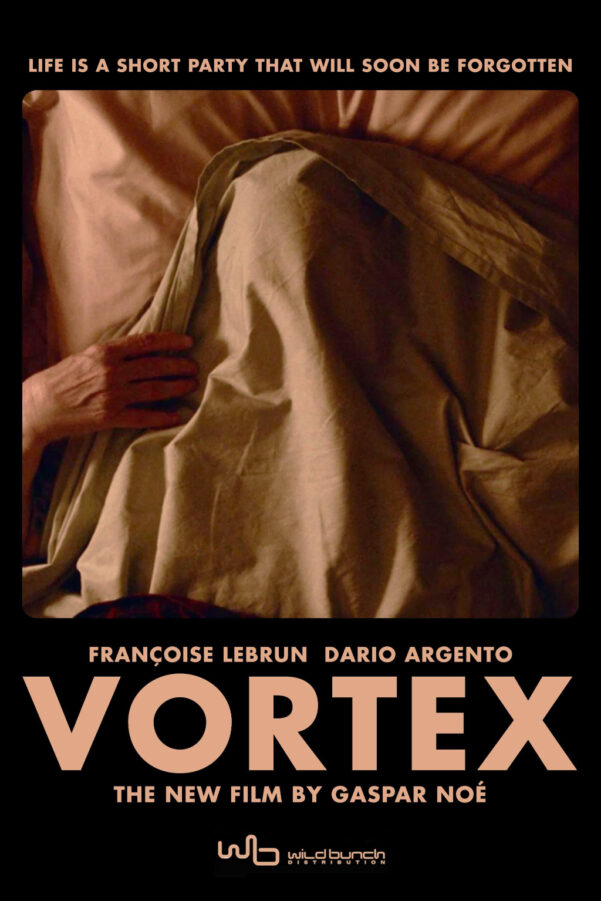
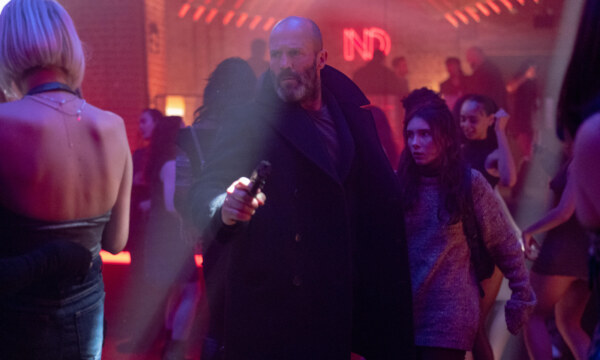

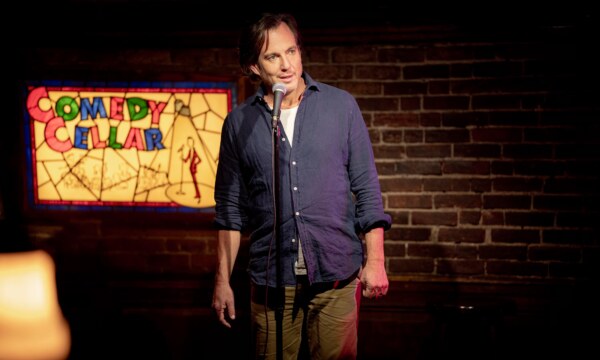
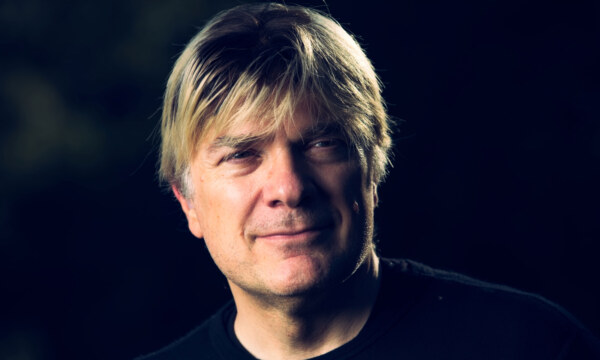
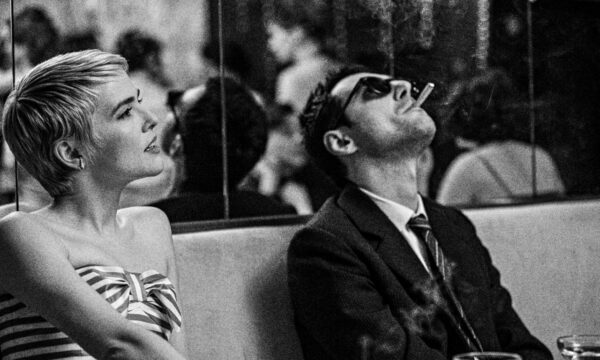
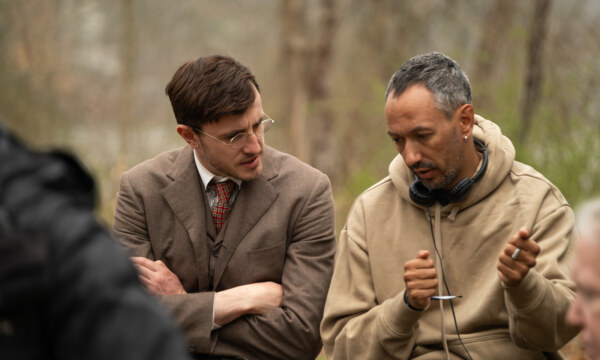
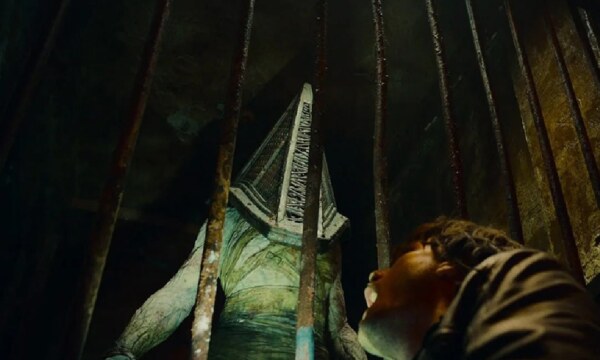
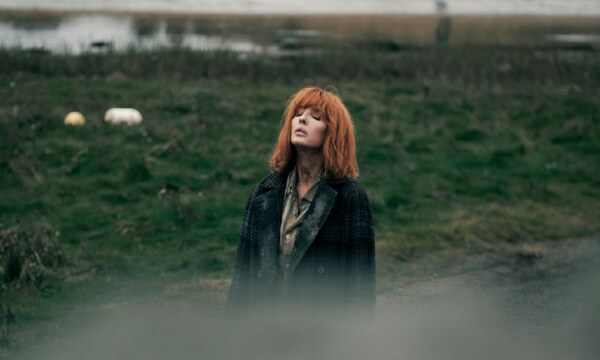

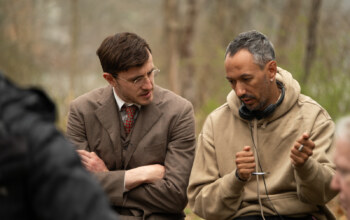

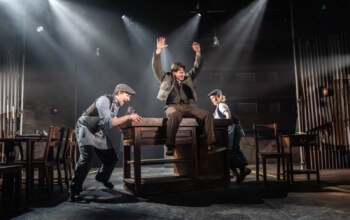

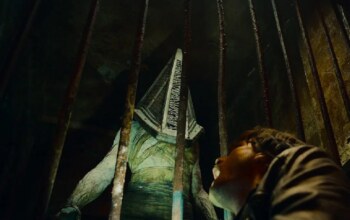
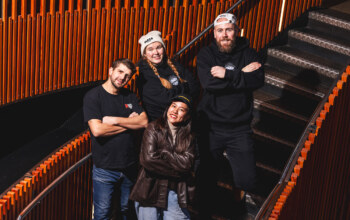
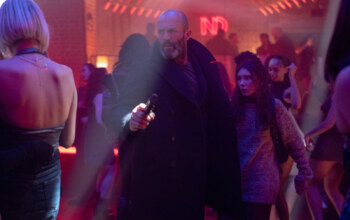






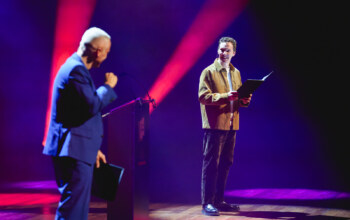
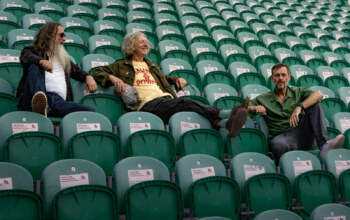
Facebook
Twitter
Instagram
YouTube
RSS